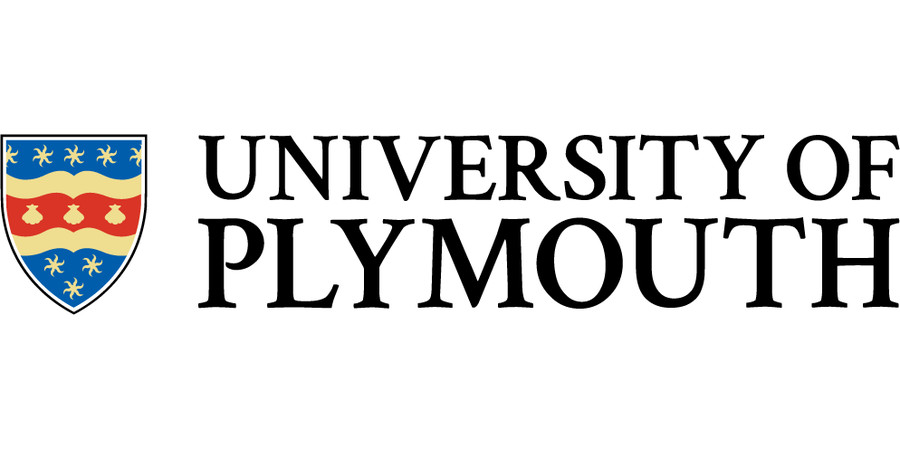PhD Studentship: The role of climate and tectonics on correlated and path dependent landsliding
University of Plymouth - Geological Sciences
| Qualification Type: | PhD |
|---|---|
| Location: | Devon, Plymouth |
| Funding for: | UK Students, EU Students, International Students |
| Funding amount: | The studentship is supported for 3.5 years and includes a stipend from £20,780 per annum 2025-26 rate (2026-27 UKRI rate TBC) |
| Hours: | Full Time |
| Placed On: | 11th November 2025 |
|---|---|
| Closes: | 7th January 2026 |
2nd Supervisor: Dr Martin Stokes
3rd Supervisor: Dr Michael Whitworth, AECOM
4th Supervisor: Dr Joshua Jones, AECOM
Applications are invited for a 3.5 years PhD studentship.
The studentship will start on 01 October 2026
Project Description
Scientific background
Where do landslides initiate following extreme events, and what is the influence of pre-existing failures? This emerging fundamental question asks: ‘Do landslides follow landslides?’¹. Recent research using multi-temporal landslide inventories (1,2,3) challenges traditional assumptions, revealing spatial and temporal clustering of landslides across different scales (4) often triggered by earthquakes or intense rainfall events (3,5). These findings demonstrate that the rates and pattern of landsliding change through time, exerting a transient influence on the landscape and increasing the probability of subsequent and recurrent failures; processes which are currently not accounted for in most landslide susceptibility models.
Despite these insights, landscape-scale (> 100 km2) studies of recurring landslides remain limited. Terminological inconsistencies and a focus on individual landslide complexes have hindered broader understanding (2). Consequently, the relationships and potential feedbacks between extreme forcing events (e.g., earthquakes) and the temporal-spatial correlation of landslide reactivation remains poorly understood. However, the increasing availability of high-resolution satellite imagery now enables the creation of detailed large-scale, multi-temporal inventories, offering new opportunities to investigate these relationships.
This project will investigate how landscape characteristics, climate and extreme triggering events influence whether new landslides preferentially rework previously disturbed terrain, initiate in undisturbed areas, or expand from landslipped zones into adjacent stable regions. These insights will provide vital information to improve hazard modelling and mitigation strategies in vulnerable regions worldwide.
Research methodology
The researcher will combine existing landslide inventories with new remote sensing observations to build multi-year databases of landslide occurrences and control factors (i.e., slope, aspect, soil thickness). Contrasting areas of recurrent landsliding will be identified for further investigation, field and modelling investigations into the landscape-scale expression and processes causing consecutive landslides will be undertaken.
Training
The individual joins a team of international experts who will support through training in remote sensing and GIS, field geomorphic techniques (geomorphic mapping, TruPulse, DGPS/drone surveys), engineering geology methodologies (slope stability, rock strength assessment), coding (python/matlab data analysis and modelling) and transferable research skills.
Person specification
We seek a candidate confident in undertaking fieldwork and capable of integrating data across geological disciplines. Prior experience of GIS/Remote sensing or programming is desirable.
Eligibility
Applicants should have a first or upper second class honours degree in geoscience discipline (essential) or a relevant Masters qualification, someone who can integrate data from different geological disciplines and with prior experience of GIS/Remote sensing or programming is desirable.
If your first language is not English, you will need to meet the minimum English requirements for the programme, IELTS Academic score of 6.5 (with no less than 5.5 in each component test area) or equivalent.
Successful candidates who meet UKRI’s eligibility criteria will be awarded a fully-funded ARIES studentship of fees, maintenance stipend, £20,780 p.a. for 2025/26 (2026/27 rate TBC) and research costs.
If you wish to discuss this project further informally, please contact:
Professor Sarah Boulton, sarah.boulton@plymouth.ac.uk
Please click on the Apply button above for further information and to apply.
The closing date for applications on 7th January 2026.
Advert information
Type / Role:
Subject Area(s):
Location(s):









